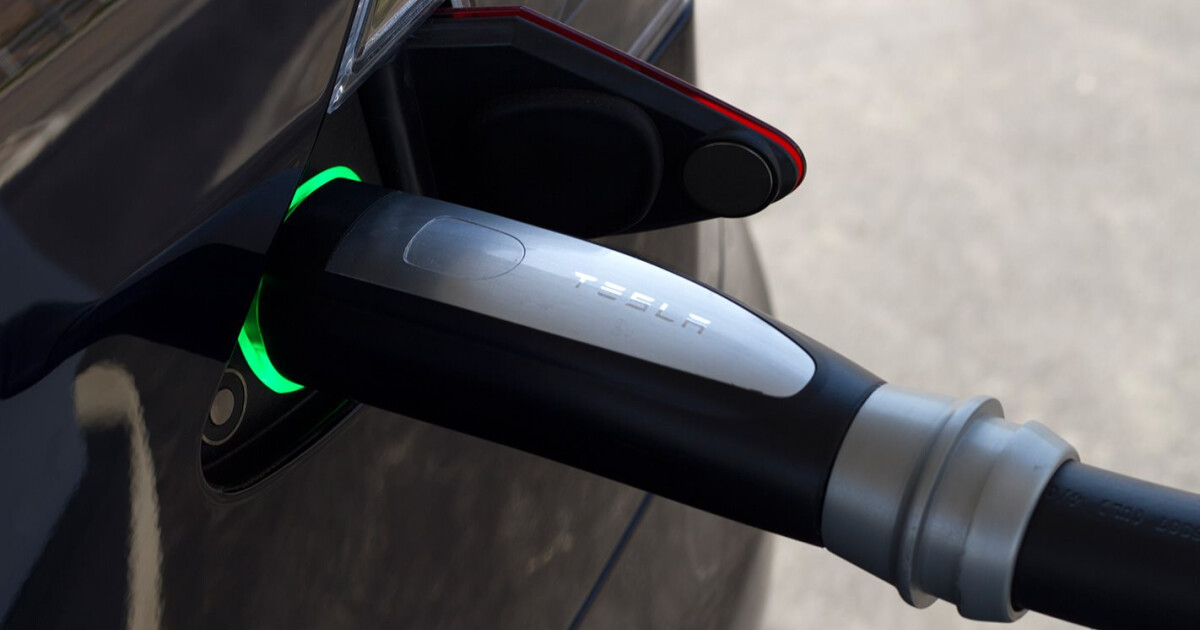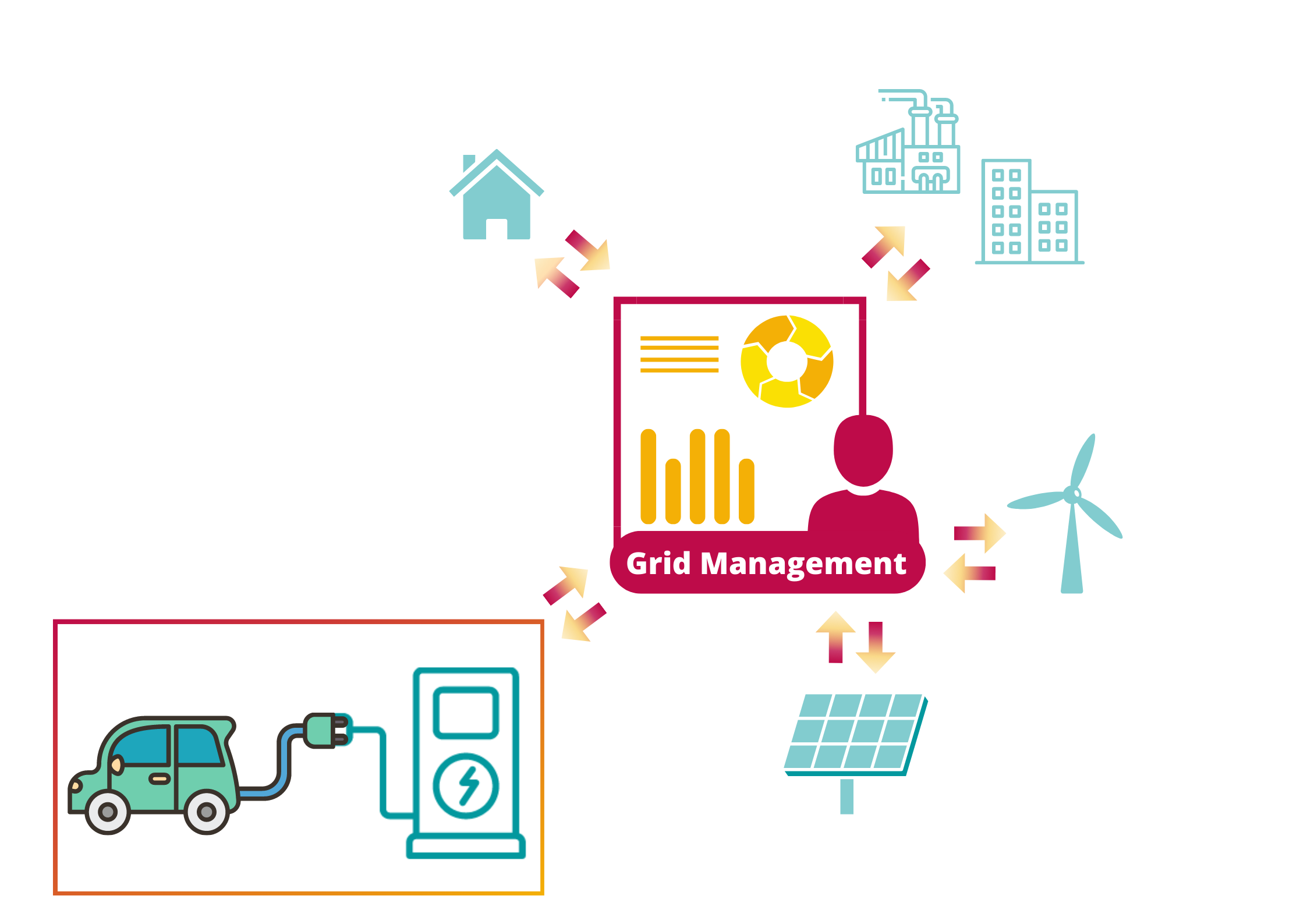So we have Ford and now GM deciding to get onboard with Tesla to have access to their Supercharger network in probably a shorter timespan than maybe Tesla intended to open up their full network to others certainly has caused a stir in Nth America it would seem.
/cloudfront-us-east-2.images.arcpublishing.com/reuters/LVZJRZEV4VIGDJF73UXF7UB4AY.jpg)
 www.reuters.com
www.reuters.com
I think it will be interesting to see when other EV car manufacturers decide to bite the bullet and join and what effect it has here.
/cloudfront-us-east-2.images.arcpublishing.com/reuters/LVZJRZEV4VIGDJF73UXF7UB4AY.jpg)
Tesla jumps as GM deal makes its charging network closer to US standard
Tesla shares closed 4% higher on Friday after General Motors joined Ford in agreeing to use its electric-vehicle charging network, a big win that analysts said could make Tesla Superchargers an industry standard in the United States.
I think it will be interesting to see when other EV car manufacturers decide to bite the bullet and join and what effect it has here.





